
or
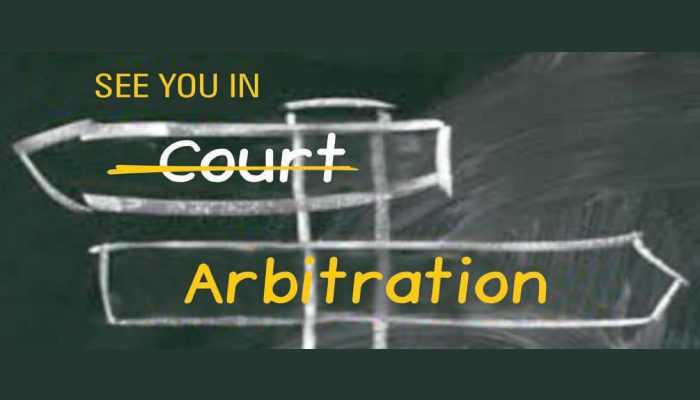
On 21st January, 2017 a conference on “Developments & Challenges in International Commercial & Investment Treaty Arbitration – Insights from leading International Arbitration Practitioners” was organized and hosted by Mr. Kirit S. Javali, Partner, Jafa & Javali Advocates at the India Habitat Centre in New Delhi. The speakers discussed and debated over the increasing relevance and the impact of International Arbitration in India, with comparative studies of different forums and jurisdiction. Lex Witness brings to you an exclusive post event coverage of the event.
I ndia being an attractive destination for foreign investment and is the fastest economy growing in the world. Foreign investors entering the Indian market prefer a strong dispute resolution mechanism i.e. an international arbitral institution for resolution of their disputes. There are a number of reasons that parties elect to have their international disputes resolved through arbitration. These include the prime desire to avoid the uncertainties and local practices associated with litigation in national courts, the desire to obtain a quicker, efficient decision, the relative enforceability of arbitration agreements and arbitral awards, the parties’ freedom to select and design the arbitral procedures, confidentiality and other prime benefits.
To address this issue, the Government of India amended the Indian Arbitration and Conciliation Act, 1996 with the Arbitration and Conciliation (Amendment) Act, 2015. The conference focussed on different concepts of International Arbitration which are important to consider in the context of the ever growing field of International Arbitration:
Adhoc vs Institutional Arbitration
Conducting efficient International Arbitration
Rise of Investment Treaty Arbitration; and
What’s happening in India with a special session on Arbitration and Conciliation (Amendment) Act, 2015
A number of eminent senior advocates, Sharat S. Javali, Raju Ramachandran, P.S. Narasimha ASG, Hon’ble Justice Subhash Adi, Uplokayukta Karnataka State and Kiran Javali Advocate, other members of the Bar and General Counsels were also present at the Arbitration Conference. The deliberations of the conference chiefly emphasized on some practical and useful suggestions from speakers across leading arbitration jurisdictions in the world who provided a global perspective to the Indian business community on important trends and practices currently prevailing in international commercial arbitration.
Fali S. Nariman, Senior Advocate, Supreme Court of India gave an excellent key note address at the conference and set the tone for the rest of the day.
Justice, A.K. Sikri chaired the first session on “Tale of International Cities and lent his expert views. Prof. Sundra Rajoo, Director of Kuala Lumpur Regional Centre for Arbitration spoke on the Internationalisation of Institutional Arbitration. He said that that with the rise on cross border trade and the increase of international arbitration, the arbitration fraction struggled to fit the role of the national courts. The landscape of international trade today warrants the internationalisation of arbitration. It is mandatory and not optional, also arbitration has to be cost effective, flexible and quick.
Briana Young, Herbert Smith Freehills, spoke on the recent developments in Hong Kong. Maria Beatrice Deli, Secretary General, ICC Italy and Prof. Giacomo Rojas, Milan spoke on Administered Arbitration by ICC and Institutional Arbitration as opposed to Adhoc Arbitration respectively.
Justice S. Murlidhar, Judge Delhi High Court chaired the second session on “Strategies and Case Management Practices in International Arbitration. Simon Kverndal, QC, Quadrant Chambers, London and Ranjeeta Kaur spoke on “Arbitrator bias”.
Mr. Kverndal said that commercial parties cherish the right to appoint their own arbitrator and to choose from a pool which includes those currently practising as lawyers or other professionals. Doubts about impartiality inevitably arise but a balance is needed between ensuring a fair tribunal and not allowing a wriggling respondent to use allegations of risk of bias to disrupt the process. Robust and effective principles and procedures are needed. He argued that detailed inflexible rules (e.g. the Red/Orange Lists of the IBA Guidelines 2014) are less fair/effective than a simple overarching test for apparent bias, rigorous disclosure requirements for arbitrators and case-by-case adjudication by arbitral institutions or national courts.
Hussein Haeri, Partner Withers, London spoke on the Insights of conducting an efficient Arbitral Proceeding. He highlighted on four aspects: the Importance of drafting an arbitration agreement; Choice of arbitral rules; Designing the arbitration process and Managing the arbitration process.
Martin F. Gusy of K&L Gates LLP New York gave a lecture on “Strategies and Case Management Practices in International Arbitration – Saving Time and Costs – International Arbitration without a Hearing on the Merits?”. Mr. Gusy, K&L Gates’ U.S. Head of International Arbitration, explained how dispositive motions are common practice in U.S. litigation, have made it into U.S. domestic arbitration rules, first surfaced in the 2006 ICSID Arbitration Rule 41(5) on the international stage, and were most recently included in Rule 29 of the August 2016 SIAC Arbitration Rules.
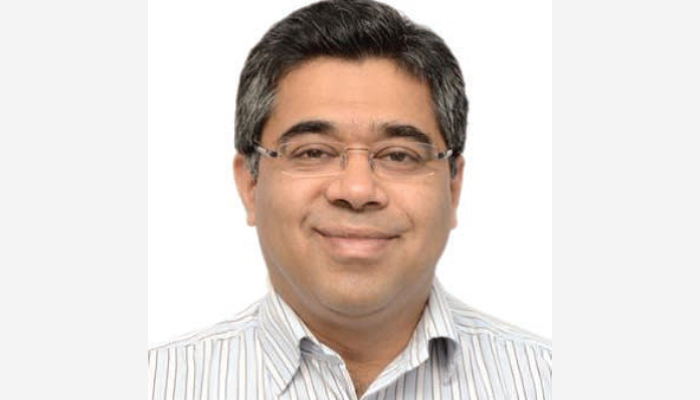
“With access to technology, trade agreements and integration of global markets there lies a demand for more effective and efficient means of dispute resolution processes, systems and arbitral institutions worldwide.”
Carlo Santoro, Partner Cleary Gottlieb Steen & Hamilton LLP spoke on taking of evidence in International Arbitration.
Kirit S. Javali, Partner Jafa & Javali spoke on how to manage an obstructive party during the Arbitral proceeding from an Indian perspective and cautioning them to adhere to timelines and procedures outlined during the Arbitration proceedings.
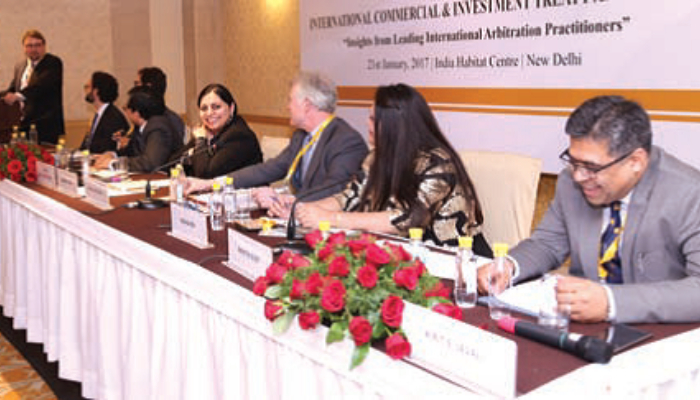
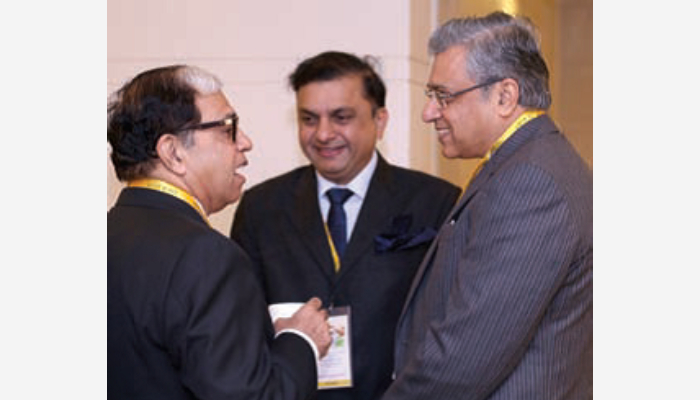
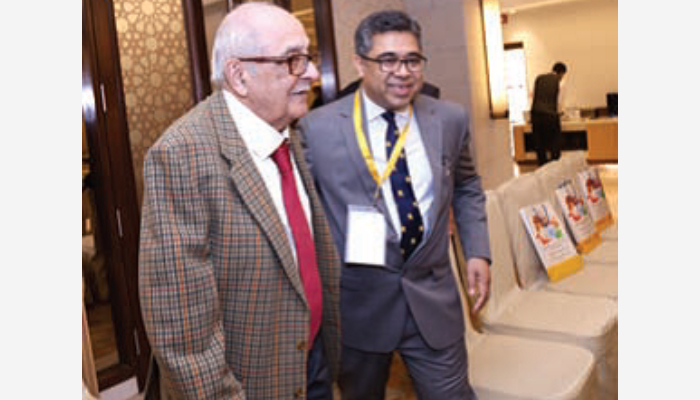
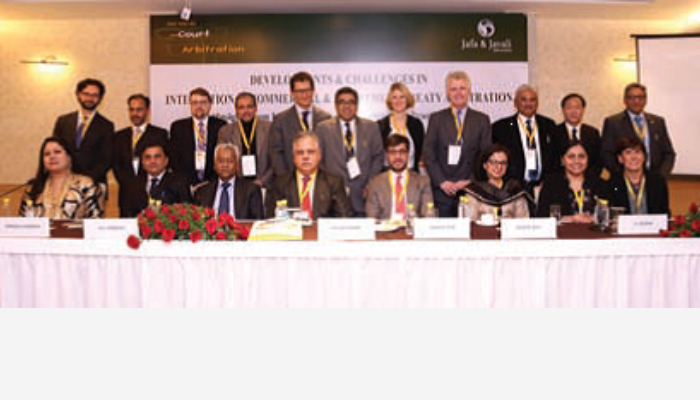
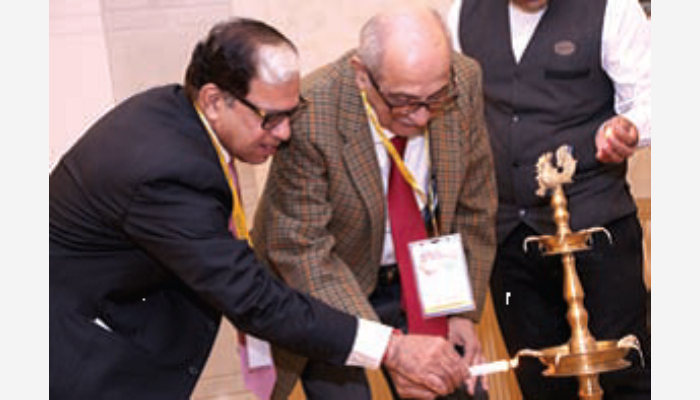
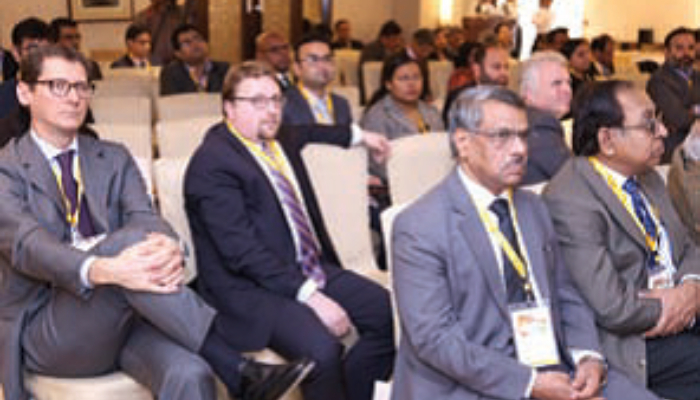
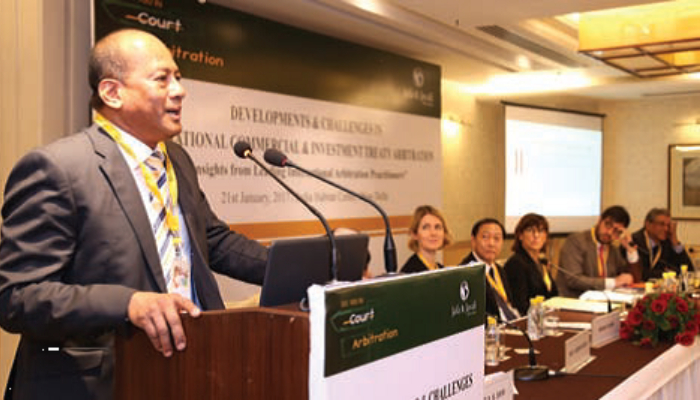
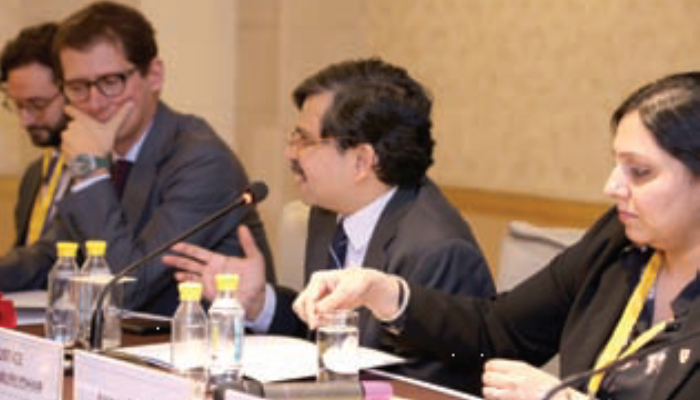
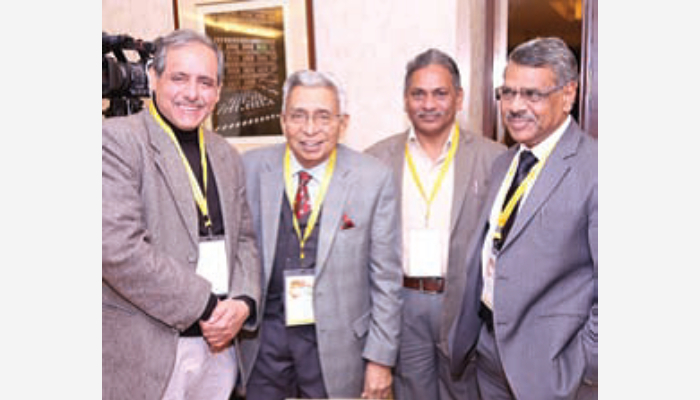
Mr. P. S. Javali Narasimha, Senior Advocate, Justice S. Adi, Uplokayukta, Karnataka and Mr. Kiran Javali, Advocate were also present .
Rohini Roy Chief International Legal – BHEL, Prof. V. Hegde, JNU, and Rajiv Dutta, Sr. Advocate spoke at length on various aspects of Investment Treaty Arbitration, including the White Industries case amongst others and the recent negotiation of Bilateral Investment Treaties by India in the light of cases being filed against India.
A.K. Ganguli, Sr. Advocate, Supreme Court of India Chair of the India session and including Basava Prabhu Patil, Sr. Advocate, Supreme Court of India and Manish Sharma, Advocate provided their expert views on the recent developments concerning the Arbitration and Conciliation (Amendment) Act, 2015 and its impact.
Datuk Professor Sundra Rajoo, Director, Kuala Lumpur Regional Centre for Arbitration established the success in internationalisation of an arbitral regime of a country through Institutional arbitration. In doing this, the role of KLRCA in focussing on capacity building and innovativeness was discussed. The importance of these steps along with a focus on sustainable development help establish a jurisdiction as a safe seat. Commonalities in challenges and opportunities between Malaysia and India were analysed to identify a specific trajectory to establish India as an international regime and a safe seat.
Pulin Kumar, Chief Group Legal- Adidas, R.K. Bodha, Legal Director ONGC & Venkat Rao, Kalpataru Group, Mumbai amongst others provided Industry views in the light of the recent amendments to the Arbitration and Conciliation (Amendment) Act, 2015. The question was consideration was whether the amendment to the Arbitration Act has led to a speedy disposal, cost effectiveness and finality to the Arbitration proceedings. Mr. Pulin Kumar, stated that although there has been a much awaited change in the Arbitration Act, to make it at par, there still remains many ambiguities and the foremost out of these are the applicability of the actwhether retrospective or prospective? The foreign investor community is eagerly waiting for this question to be settled soon by the Apex court. Another area of ambiguity is in choosing the seat of arbitration outside India and enforceability of award made. Clarity is required.
The LW Bureau is a seasoned mix of legal correspondents, authors and analysts who bring together a very well researched set of articles for your mighty readership. These articles are not necessarily the views of the Bureau itself but prove to be thought provoking and lead to discussions amongst all of us. Have an interesting read through.

Lex Witness Bureau

Lex Witness Bureau

For over 10 years, since its inception in 2009 as a monthly, Lex Witness has become India’s most credible platform for the legal luminaries to opine, comment and share their views. more...
Connect Us:


The Grand Masters - A Corporate Counsel Legal Best Practices Summit Series
www.grandmasters.in | 8 Years & Counting
The Real Estate & Construction Legal Summit
www.rcls.in | 8 Years & Counting
The Information Technology Legal Summit
www.itlegalsummit.com | 8 Years & Counting
The Banking & Finance Legal Summit
www.bfls.in | 8 Years & Counting
The Media, Advertising and Entertainment Legal Summit
www.maels.in | 8 Years & Counting
The Pharma Legal & Compliance Summit
www.plcs.co.in | 8 Years & Counting
We at Lex Witness strategically assist firms in reaching out to the relevant audience sets through various knowledge sharing initiatives. Here are some more info decks for you to know us better.
Copyright © 2020 Lex Witness - India's 1st Magazine on Legal & Corporate Affairs Rights of Admission Reserved